Addis Ababa, Ethiopia – The World Health Organization’s (WHO) Ethiopia Country Office (WCO-Ethiopia) convened a strategic working session on August 13-14, 2024, to evaluate and refine the ongoing implementation of the 2024-25 Program Budget (PB).
This session is a crucial part of the broader Country Cooperation Strategy (CCS) 2021-2025 implementation, which is now in its fourth year, aligned closely with Ethiopia’s national health priorities.
Amidst Ethiopia’s complex health landscape, the WCO is actively engaged in responding to five WHO graded emergencies—including disease outbreaks and humanitarian crises—and several non-graded emergencies such as measles, malaria, and landslides. However, challenges of financial resources availability are impending implementation of key health programs and complicating the overall health response efforts in the country.
To address these challenges, the country office has initiated several strategies that were discussed at the working session.
The timing of the session coincides with the recent approval of the Fourteenth General Program of Work (GPW14) 2025-2028 at the Seventy-seventh World Health Assembly in May 2024. GPW14 will shape WHO’s global health initiatives over the next four years and is integral to the WCO’s future planning in Ethiopia.
The session objectives included: assessing the progress of the 2024-25 biennium workplan, identifying ongoing challenges, and formulating actionable recommendations. It also focused on finding opportunities for synergy across various health programs, with an emphasis on identifying short, medium, and long-term actions.
In his opening remarks, WHO Ethiopia Country Representative Dr. Owen Laws Kaluwa emphasized the importance of the session, stating, “this session marks a pivotal step in strengthening the WCO’s capacity to support Ethiopia in overcoming its public health challenges and achieving its health objectives in the coming years.”
Participants of the session proposed a fit-for-purpose organizational structure that aligns with the WHO Africa Regional Office (WHO-AFRO) clusters and strategic priorities, including the GPW14. They also reviewed and endorsed strategies for resource mobilization and communication, which are critical for sustaining the WCO’s finances and visibility.
The workshop concluded with a detailed understanding of the GPW14, the identification of key challenges and bottlenecks, and the development of mitigation strategies.
Additionally, participants identified areas for synergy across different health clusters and programs and outlined a roadmap to guide the formal review of the current CCS and the development of the next generation strategy.
This session underscores the WCO’s commitment to adapting and evolving in response to both global and local health challenges, ensuring that it remains an effective partner in Ethiopia’s journey toward improved public health outcomes, Dr. Kaluwa stated in his closing remarks.


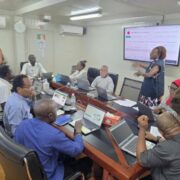
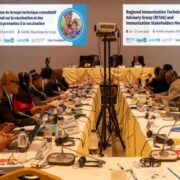


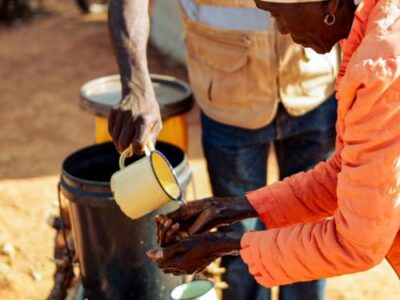
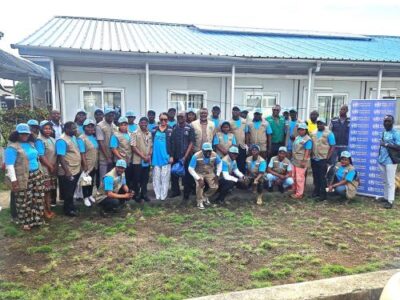
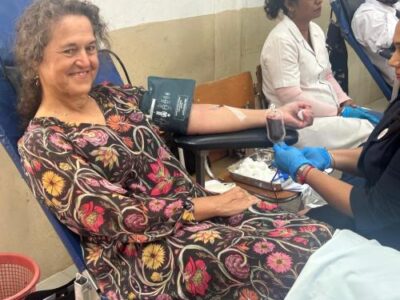


Comments